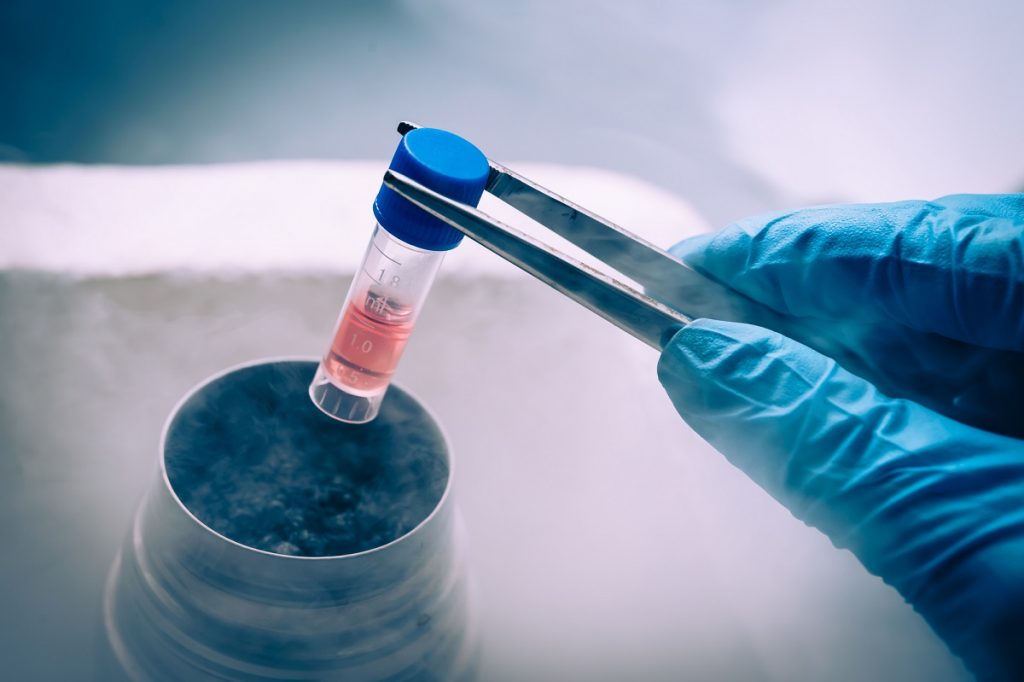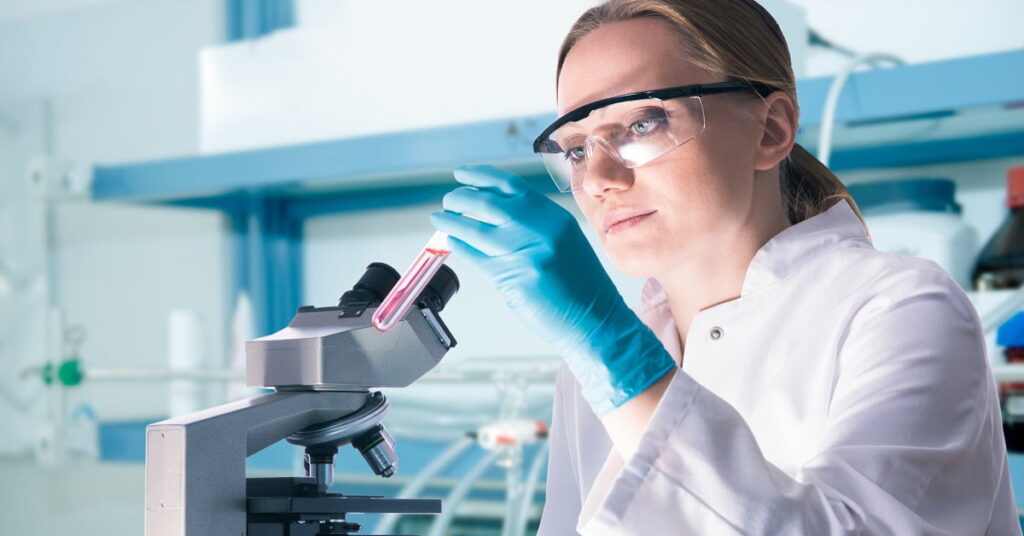Fourteen multidisciplinary research teams were selected to receive NIS 60 million ($16.6 million) from a new Israeli fund to advance the field of precision medicine, also often referred to as personalized medicine. It is an approach to medical care that allows to tailor treatments based on the individual characteristics of each patient and a genetic understanding of their disease.
The 14 leading research proposals were selected among over 100 applications and made up the first cohort of grants awarded by the Israel Precision Medicine Partnership (IPMP) administrated and operated by the Israel Science Foundation, a non-profit organization that supports breakthrough science research in Israel. The teams were picked after an extensive selection process by an international committee chaired by Professor Roger Kornberg of Stanford University, a Nobel Prize laureate in chemistry.
The grants for the project are among the largest ever awarded to Israeli researchers by an Israeli body.

The IPMP was established last March with pooled resources from philanthropic organizations Yad Hanadiv and the Klarman Family, as well as the Planning and Budgeting Committee of the Council for Higher Education, the Digital Israel Initiative of the Ministry of Social Equality, and the Israel Science Foundation. IPMP has a total budget of NIS 210 million ($58 million) to be awarded in four application cycles, each of which will last up to four years, according to an IPMP statement.
“The Israel Precision Medicine Partnership creates new opportunities for researchers in this competitive field – research opportunities that were previously hard to imagine, even to dream of, in Israel,” said
Professor Benny Geiger, chairman of the Israel Science Foundation.
“The large number of worthy applications, along with the extensive, unprecedented cooperation between university researchers and physicians in hospitals and other healthcare organizations, demonstrate the vast potential of Israeli research to contribute to global knowledge in advanced medical fields and to improve the quality of Israeli healthcare,” he said.
Israeli Minister for Social Equality Gila Gamliel said the country was “at the forefront… in the field of digital technology, which offers us an opportunity to ensure that nobody is left behind. The research foundation which we have established is another move in this critical revolution utilizing digital health as Israel’s latest growth engine both for individual citizens and the economy at large.”

“It is difficult to exaggerate the importance of this landmark project which integrates both the academic world and the health system in creating life-saving breakthroughs,” she said.
The IPMP said that research in the field will be based on “broad cooperation between various fields while integrating scientific knowledge and medical knowledge, theories, in-depth analysis of medical big data and extensive experimental work.”
The research teams include physicians, researchers, theoreticians, experimentalists, bioinformaticians, computer scientists, Big Data specialists, engineers, statisticians, and epidemiologists, among others, IPMP said.
The teams will have access to the unique medical databases of Israeli healthcare institutions for their work, according to the IPMP.
Sign up for our free weekly newsletter
SubscribeLast year, the Israeli government approved an ambitious plan that includes the digitization of the personal health records of Israel’s nearly nine million citizens and making them available to health researchers in genetics and medical information in Israel and the world. Dubbed the Mosaic Initiative, the government said the NIS 1 billion (roughly $300 million) National Digital Health Plan is designed to develop personalized and preventive medicine with the use of AI and machine learning tools for more tailored diagnoses and treatment.
The IPMP program will “allow Israeli researchers to conduct comprehensive and large-scale research projects in fields of human health that rely on extensive cooperation between researchers in Israeli institutions of higher education and healthcare organizations, communities of both sick and healthy volunteers and big data stored on Israeli hospital and HMO databases,” the organization said.
A leader in life sciences and digital health
There are currently about 1,600 active life sciences companies in Israel, according to a report released this month by the Israel Advanced Technology Industries (IATI), the umbrella organization of the local high-tech and life sciences industry. More than 1,300 life sciences companies were founded in the last decade alone, half of which operate to this day, according to the report. The sector has seen significant growth year-on-year and attracted a record $1.5 billion in capital in 2018, a 25 percent increase from the previous year.
Last year also saw one of the largest acquisitions for an Israeli life sciences company in history, that of Mazor Robotics by Medtronic in late 2018 for $1.6 billion.
The life sciences industry has had over 50 successful exits since 2012, according to the IATI report.
The Israeli digital health industry, too, has seen accelerated growth. A 2016 report published by Start-up Nation Central said the number of digital health companies in Israel skyrocketed from 65 in 2005 to nearly 400 in 2016. Over the course of 2016, the industry saw a 27 percent increase in investment, reaching $183 million.
SEE ALSO: Mapping Israel’s Burgeoning Digital Health Ecosystem
Winning proposals
Among the 14 winning proposals is an initiative by Tel Aviv University researchers to develop “pioneering” methodology to improve the diagnosis of two highly common infectious diseases, group A Streptococcal pharyngitis (Strep throat) and influenza virus (the flu), a project to develop novel diagnostic means for Alzheimer’s, a proposal to predict future cardiovascular disease by developing algorithms based on personalized data, a study that will advance the understanding of the molecular basis of Acute Myeloid Leukemia (AML), and a project to develop a protocol for predicting the risk of an individual to develop type 2 diabetes.
In September 2019, the next call for proposals will be issued for the second of four planned submission cycles.
Related posts

Israeli Medical Technologies That Could Change The World

Harnessing Our Own Bodies For Side Effect-Free Weight Loss

Missing Protein Could Unlock Treatment For Aggressive Lung Cancer




Facebook comments